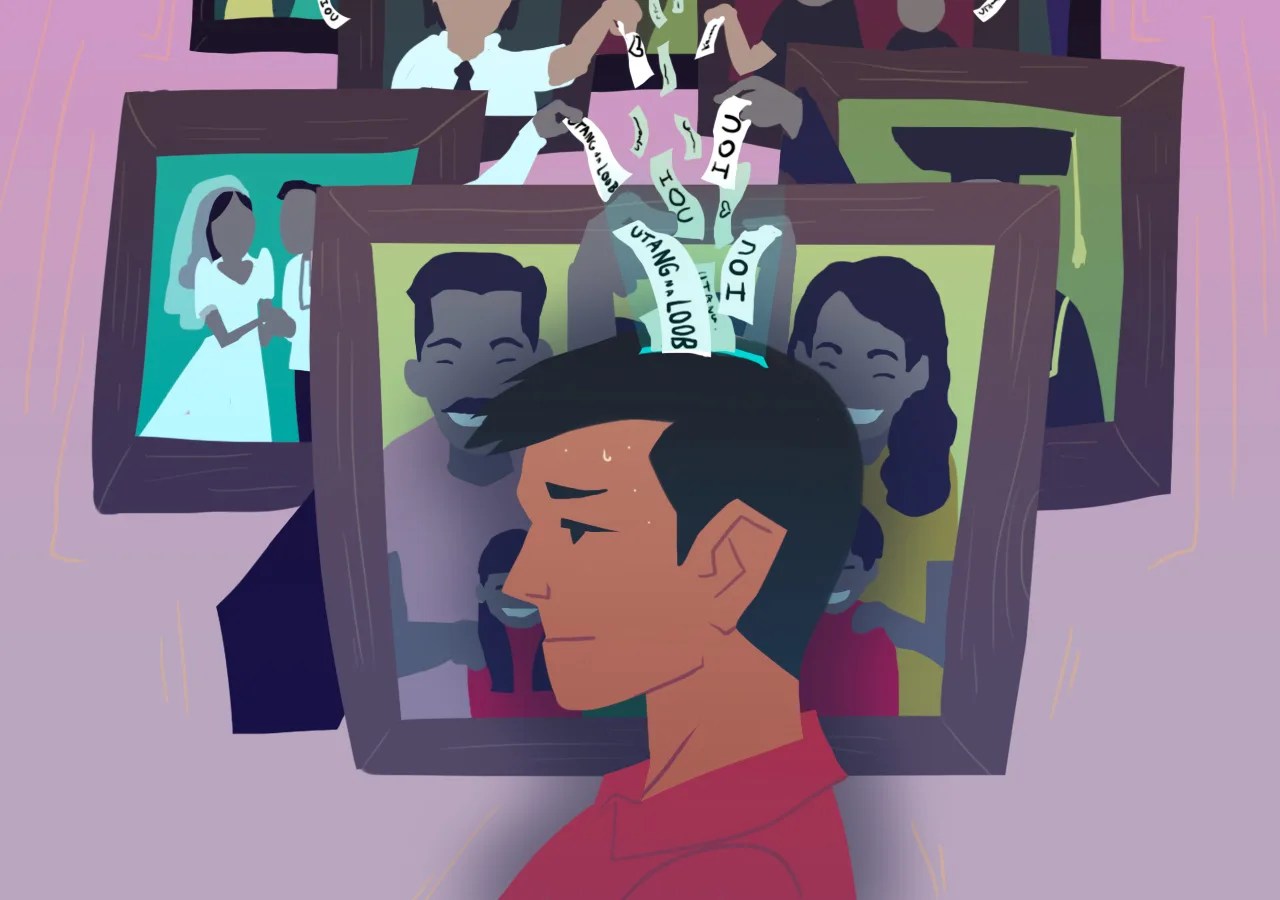Unpacking 'Utang na Loob': A Deep Dive into Filipino Reciprocity
Have you ever encountered a culture where a sense of obligation runs deep, shaping interactions and relationships? In the Philippines, this intricate cultural value is known as "utang na loob," a concept that doesn't translate directly into English but holds immense weight in Filipino society. It's a complex interplay of gratitude, reciprocity, and social obligation that influences everything from personal interactions to political landscapes.
Imagine a scenario where a friend helps you during a time of need, perhaps offering financial assistance when you lose your job. This act of kindness, deeply ingrained in Filipino values, creates "utang na loob." You now feel a sense of indebtedness, not necessarily financial, but a moral obligation to return the favor in the future. This repayment might not be immediate or equivalent, but the expectation lingers, fostering a cycle of reciprocity within the community.
While "utang na loob" is often translated as "debt of gratitude," this simplification fails to capture its full depth. It's more than just feeling thankful; it's a profound sense of obligation that goes beyond a simple "thank you." It signifies a bond forged through acts of kindness, creating a network of mutual support and interconnectedness.
However, this seemingly positive cultural trait also carries potential downsides. "Utang na loob" can be exploited, with individuals leveraging others' sense of obligation for personal gain. It can create unhealthy power dynamics, especially in politics, where favors are exchanged, and loyalty is expected in return, sometimes at the expense of ethical considerations.
Navigating "utang na loob" requires cultural sensitivity and understanding. It's about recognizing the genuine desire to help within Filipino culture while also being mindful of potential pitfalls. Foreigners interacting with Filipinos should be aware of its implications, understanding that a simple act of kindness might be met with an unspoken expectation of reciprocity in the future.
While "utang na loob" might not have a perfect English equivalent, grasping its essence is crucial to understanding the Filipino psyche. It's a driving force behind their strong sense of community, loyalty, and generosity. However, it's essential to approach this cultural value with awareness, ensuring its positive aspects are celebrated while mitigating potential negative consequences.
Advantages and Disadvantages of "Utang na Loob"
| Advantages | Disadvantages |
|---|---|
| Strengthens community bonds | Potential for exploitation |
| Encourages generosity and support | Can create unhealthy power imbalances |
| Promotes a culture of reciprocity | May hinder objective decision-making |
As we've explored, "utang na loob," a concept deeply embedded in Filipino culture, represents a multifaceted system of reciprocity. While it fosters community spirit and mutual support, it also presents challenges that require careful navigation. Understanding this intricate cultural value is key to appreciating the depth and complexity of Filipino relationships and societal structures.
Kids name tattoo inspiration a thoughtful tribute
Words that break hearts the power of evocative writing
Mastering text from lowercase to uppercase in word

Pin on Tagalog Collections | Innovate Stamford Now

ikaw si minda gagawin mo rin ba ang pagtanaw ng utang na loob sa | Innovate Stamford Now

english ng utang na loob | Innovate Stamford Now

english ng utang na loob | Innovate Stamford Now

'Utang na loob?' Filipino family values gone wrong, and how they affect | Innovate Stamford Now

Utang na Loob: Filipino's Sense of Gratitude and Generosity | Innovate Stamford Now

english ng utang na loob | Innovate Stamford Now

english ng utang na loob | Innovate Stamford Now

Utang Na Loob In English Quotes | Innovate Stamford Now